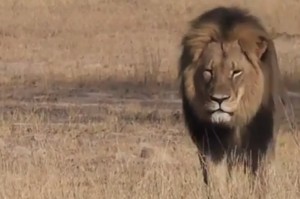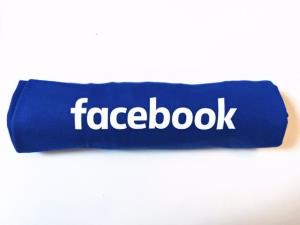Boy's Request for Reading Material Goes Viral
http://www.deseretnews.com/article/865633288/Sandy-mailmans-plea-for-books-gets-worldwide-response.html?pg=all

(Scott G Winterton, Deseret News)
1) Did the postal worker do the right thing? How do you know? What are the most positive outcomes from this story? Negative? In what ways does the student now have a burden of responsibility? Should he be graded or rewarded at school for reading these books?
2) Why might the postal worker's colleagues feel differently about this than the boy's mother? In what ways would an executive for Sony Playstation feel differently about this than someone who donated a book? To what degree should anyone feel guilty for playing video games after reading this story?
3) To what extent is this connected to math? The ice-bucket challenge of 2014?
4) How might this story have been different if it occurred in your home town? Afghanistan?
5) Is this important to you? What might be the long-term consequences? Have you ever been given a book that you didn't want to read? What was the outcome?
Extension Activities:
1) Students can research famous individuals who claimed to have some form of self-education (Frederick Douglass, Abraham Lincoln, etc.). They can then write a predictive account of Mathew Flores' life in comparison or contrast.
2) Students can research the ways in which the internet has changed the way people donate to causes and predict the next big story/event that will cause an outpouring of money/concern.
AoK: Ethics,
WoK: Language


